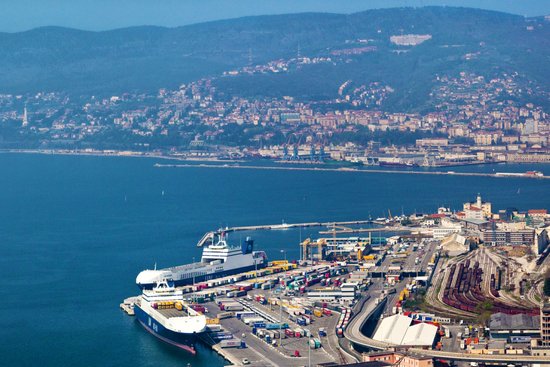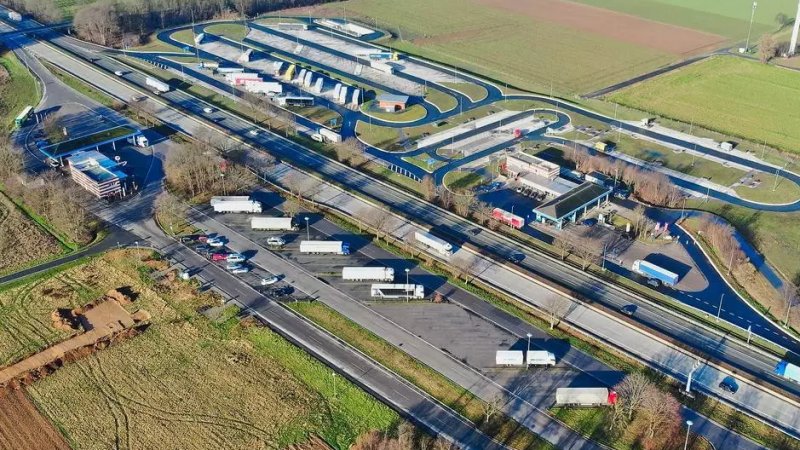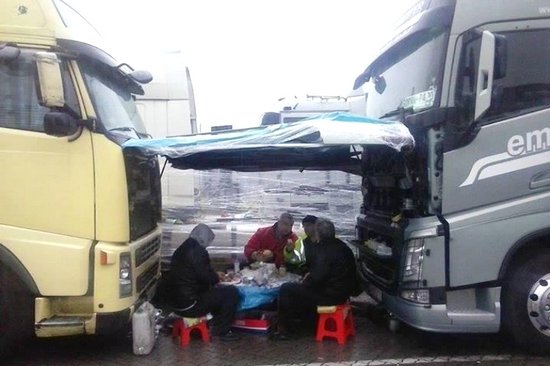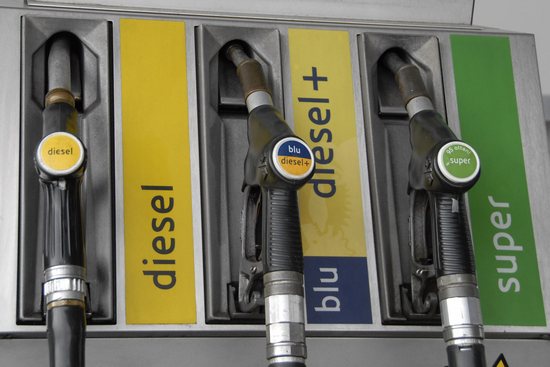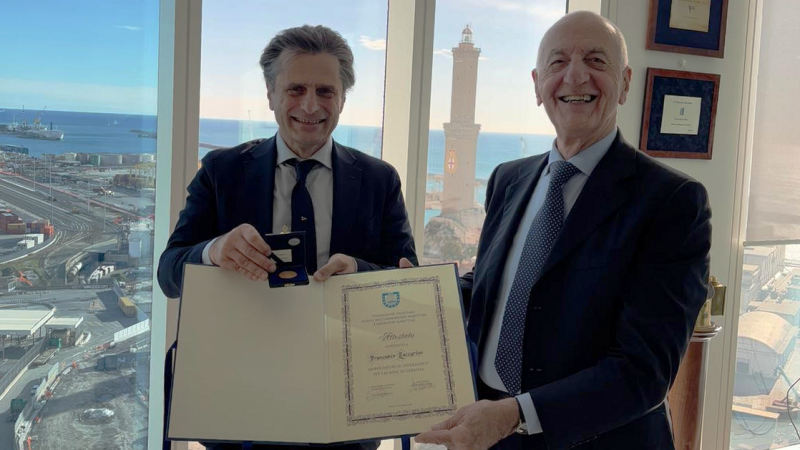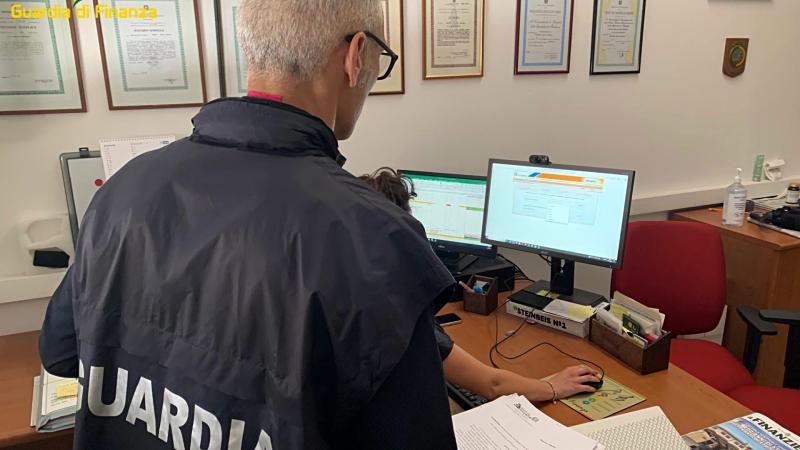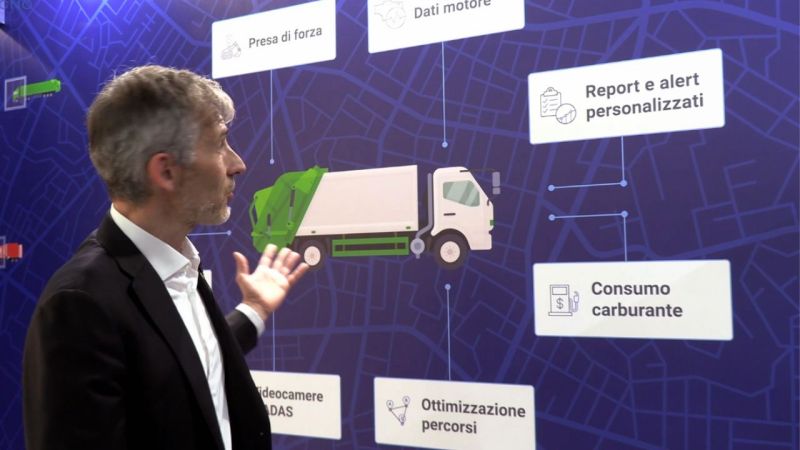In an article published on October 16, 2024, the Danish newspaper Ekstra Bladet reports that the Fehmarnbelt road and rail tunnel—planned to link Germany and Denmark—is at risk of significant delays, jeopardizing the entire project. The tunnel is primarily intended for freight rail transport between the two countries, and Denmark, along with the European Union, has already allocated approximately €10 billion for its construction. Denmark has also commenced work, building an 18-kilometer tunnel. The issue lies on the German side, where there are significant delays in the construction of a new railway line, which may only be completed four or five years after the tunnel—currently expected to be finished by 2029. Without the extension in Germany, the entire project loses its purpose.
According to the Danish newspaper, the current railway infrastructure in Germany is outdated and reliant on an aging bridge over the Fehmarn Sound, which separates the island of Fehmarn from the German mainland. This bridge, already struggling to handle existing passenger train and vehicle traffic, would be incapable of supporting freight trains. The proposed solution is to construct a new tunnel accommodating both a new railway line and a four-lane road, while keeping the old bridge for pedestrians, cyclists, and slower traffic.
However, the project has faced substantial bureaucratic hurdles, particularly concerning environmental permits. Estimates suggest that the construction could be delayed until 2033-2035, further endangering the railway segment of the connection. Such a delay would have severe economic repercussions. A 2020 financial analysis projected annual revenues from rail traffic of at least €53.6 million. The absence of freight trains would not only reduce these earnings but also have a negative environmental impact, increasing the number of trucks on the route by up to 900 vehicles per day.
Ekstra Bladet adds that the German Ministry of Transport is considering an alternative solution involving an upgrade of the existing bridge. However, it is unlikely that this would enable freight train operations, restricting it instead to passenger services. Danish Transport Minister Thomas Danielsen stated that he is aware of the challenges posed by the timeline of German construction and remains in constant dialogue with his German counterpart.


